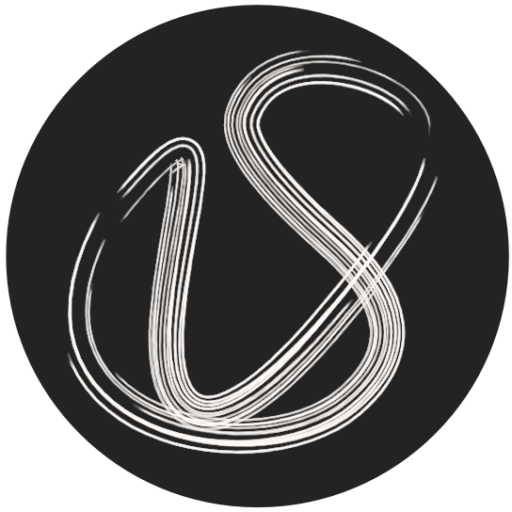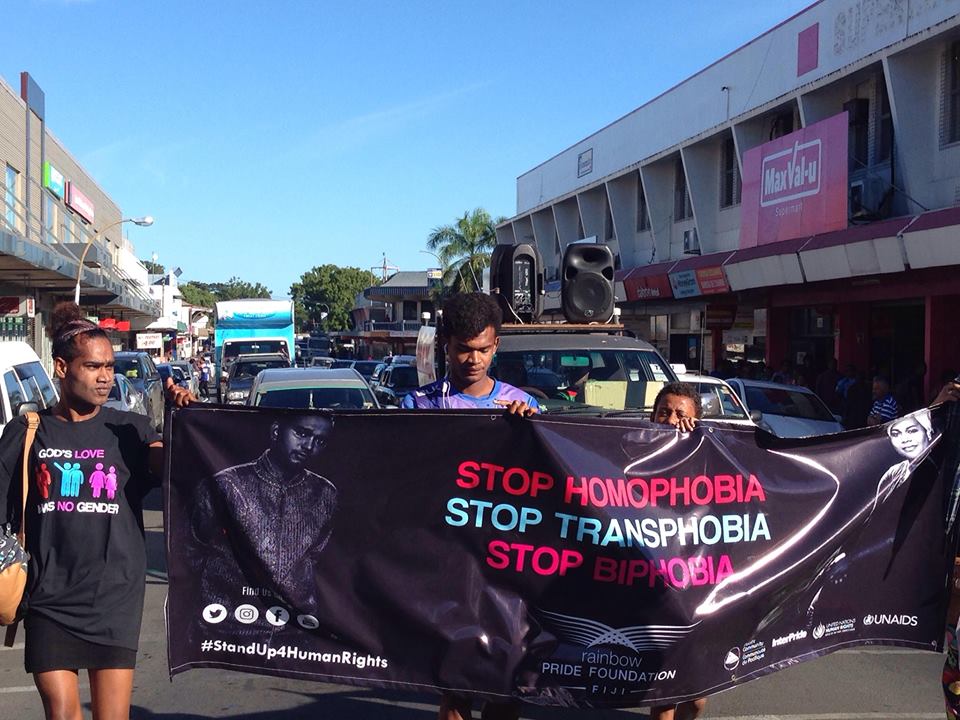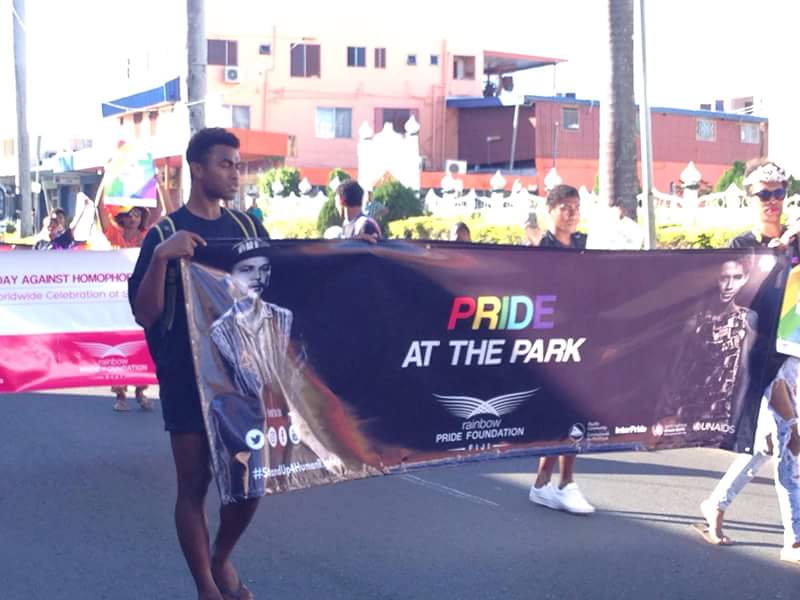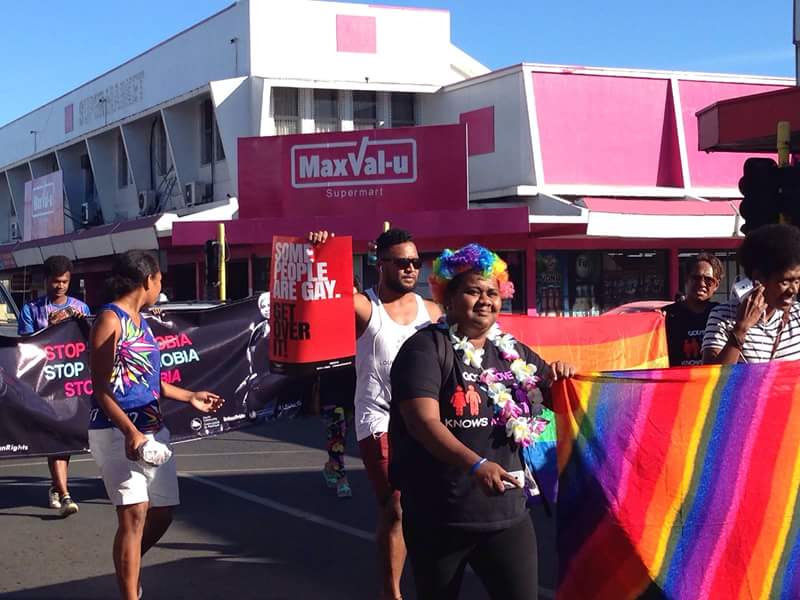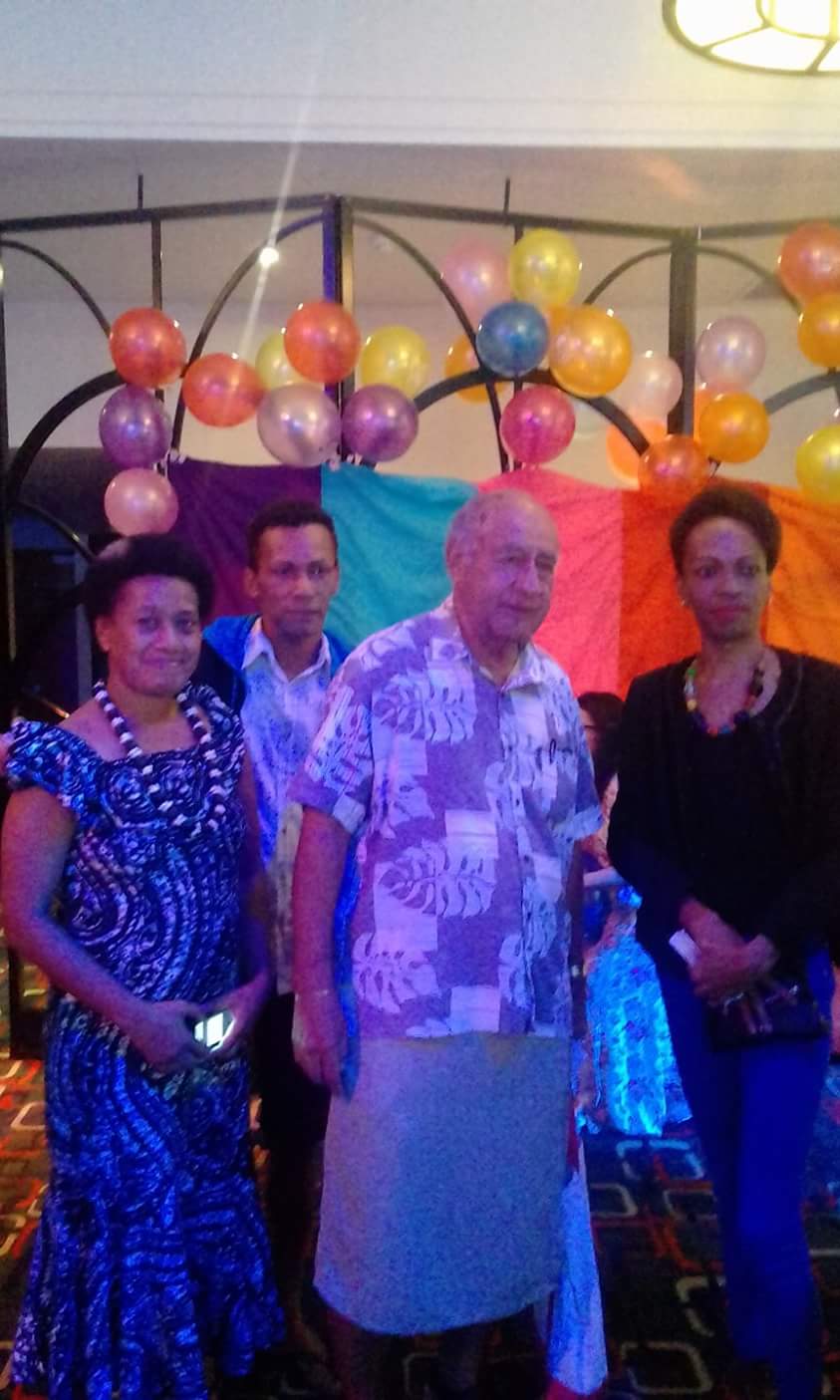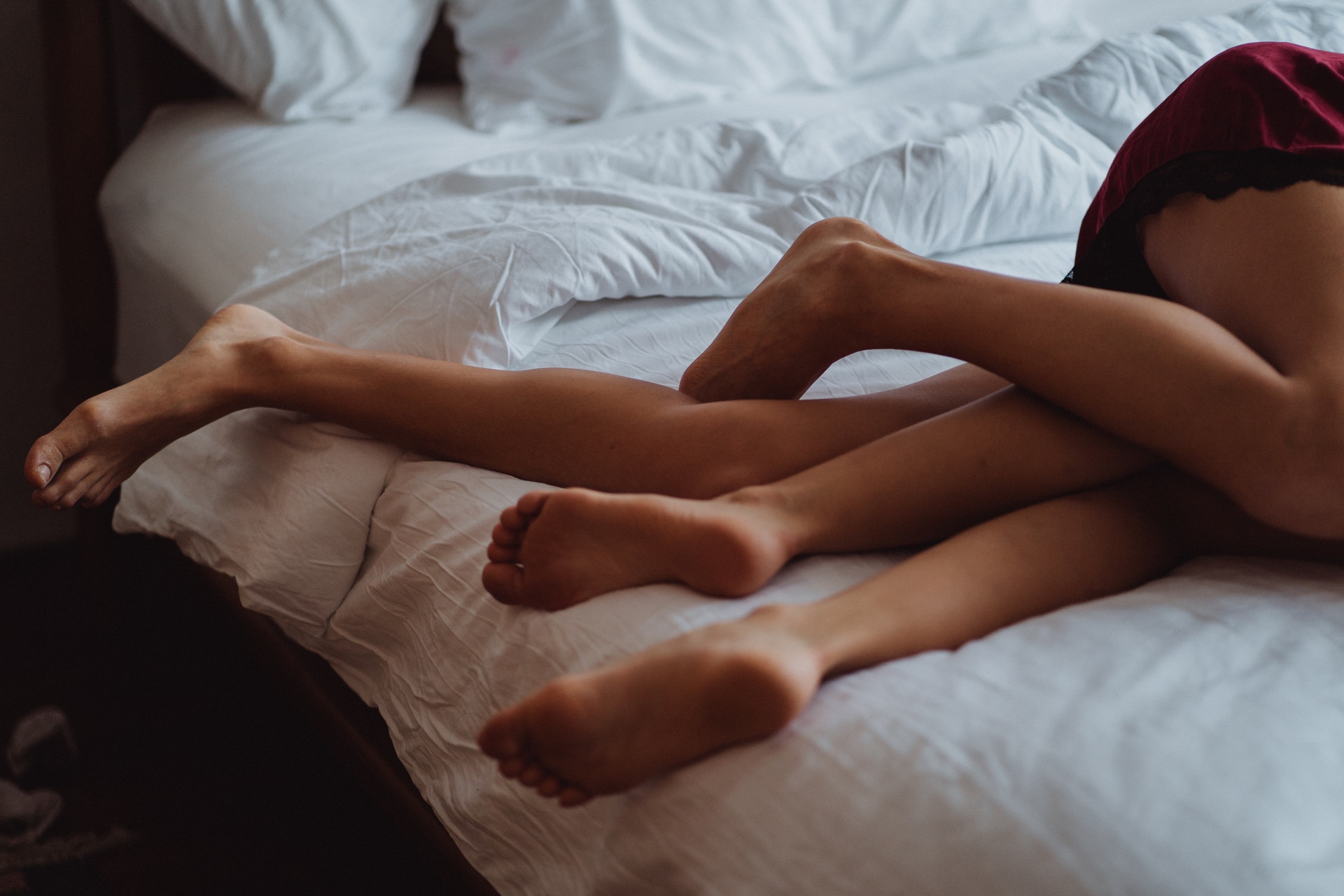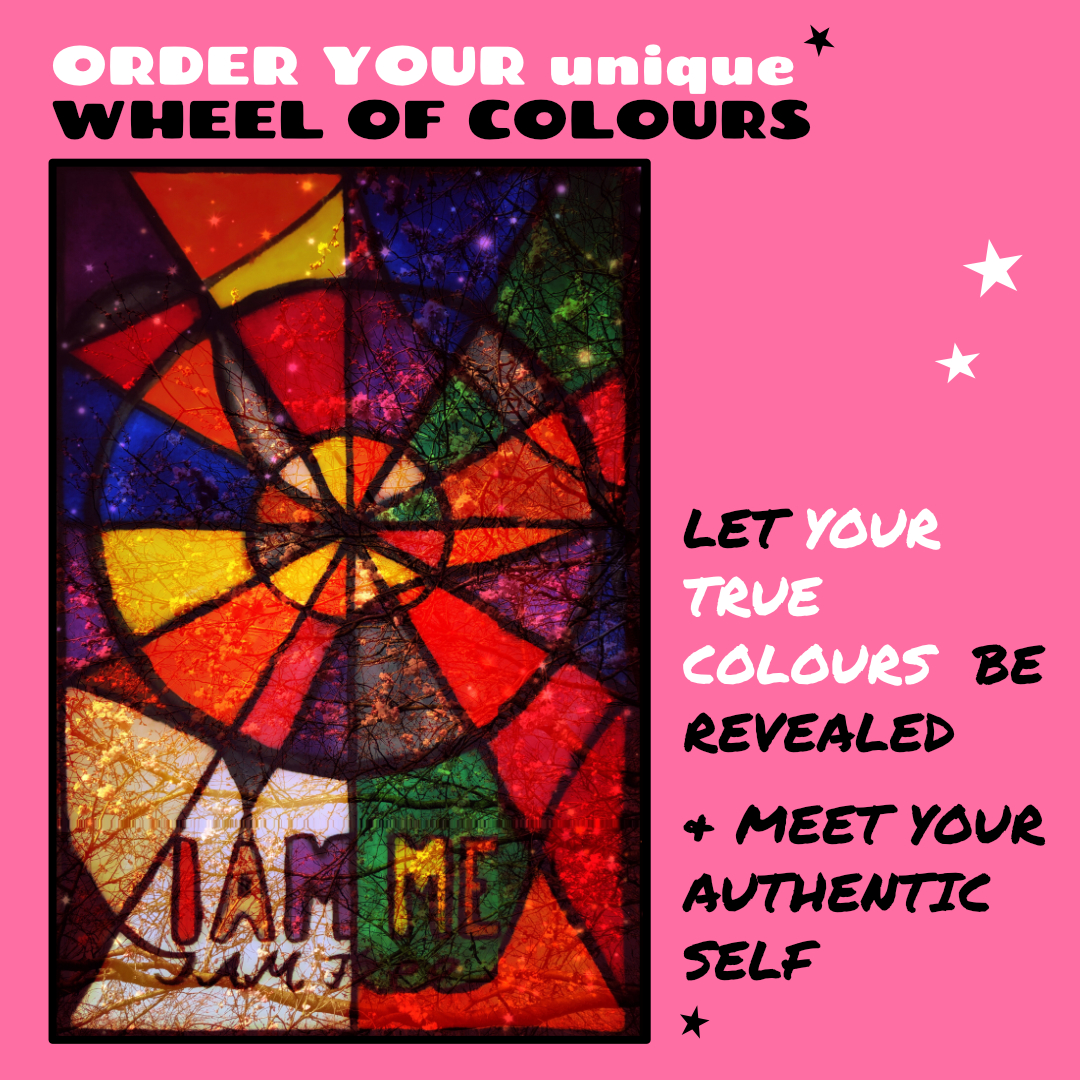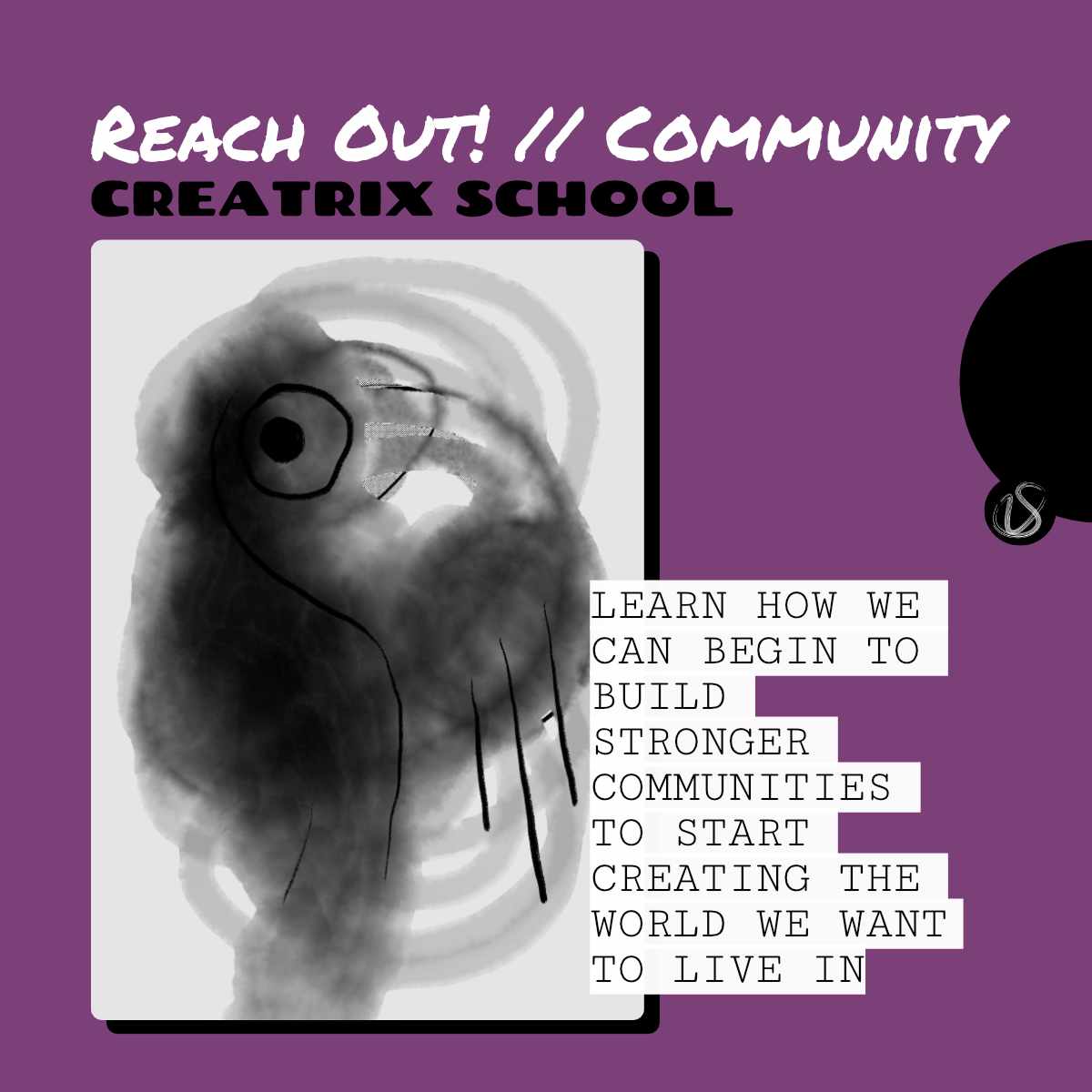Meet Ilisapeci Raileqe, one of the organizers of Fiji Pride.
On June 28th, 1969 the Stonewall Riots kicked off a larger gay rights movement in the USA.
In 1970, the first gay pride marches took place in New York, Los Angeles, San Francisco and Chicago – today pride parades are taking place all around the world.
In 2018, I wanted to know who the people organizing today’s pride parades are, what the marches mean to them, and met wonderfully powerful, loving and kind people from places, which might not be the first ones that come to mind, when we think of queer love.
See all Faces of Pride.
What’s your name and age?
My name is Ilisapeci Raileqe and I am 43 yrs old.
Since when have you been involved with Fiji Pride?
I joined the LGBTQI+ movement back in 1998, and have been an active volunteer since then. I am now the Western Chapter (geographical division) Coordinator for the Rainbow Pride Foundation overseeing the work in 7 towns/clusters within this chapter.
I am involved in raising awareness and advocacy in communities around LGBTQI+ rights, including their inclusion in disaster risk reduction and humanitarian response work.
Why do you think Fiji Pride is important? Fiji Pride is important because it provides a platform to make the LGBTQI community loud and proud and very visible in public by organising pride activities that celebrate diversity in terms of our sexuality and gender identity and expression while at the same time raise public awareness on the issues faced by the LGBTIQI community particularly those related to violence, stigma & discrimination and other human rights-related abuses and violations. It is also a time to celebrate some hard gains over the years in progressing the promotion of rights and wellbeing of sexual and gender minorities.
The messages for the day are intended to build empathy and encourage acceptance for people of diverse sexual and gender identities by the greater public, and also to highlight some ways that the public/community members can build an inclusive society. The event also offered a platform for young LGBTQI+ person[s] to participate in organized sporting activities – a space that has always been accessed from members of the community and where they are free to “just be” themselves.
What is one (or two) remarkable thing (s) that has/have happened at Fiji Pride? The pride event kicked off with a movie night on 17th May (IDAHOTB) titled “Prayers for Bobby” which was officiated by the former President and head of state of the Republic of Fiji, His Excellency, Ratu Epeli Nailatikau. He is also a traditional high chief and before he became the head of state, he was the former speaker of the House of Representatives and former Commander of the Republic of Fiji Military Forces. He is a patron and an Ambassador for the Rainbow Pride Foundation. His continued support for LGBTQI Rights in Fiji is testament of a truly inclusive leader that he is and we are hopeful that many who hold such positions in society will follow suit. Additionally, many of those who watched the movie were brought to tears by Bobby’s character and experience in the movie and parents who accompanied their LGBT children to the movies were also moved to tears and vowed to treat them with more respect and dignity.
Secondly, the fact that this is the first ever Pride March organized by any LGBTQI+
organisation here in Fiji, and the permits being granted by the Fiji Police Force, after years of being declined on having such organized marches. That is a milestone in itself – as it shows some little hard gains – due to increased awareness raising and advocacy that has filtered through these domains.
What do you do when you are not organizing Fiji Pride? I am a community worker, and as the Western Chapter Coordinator – I oversee the work on the ground for LGBTQI+ people in Fiji’s Western Division, including ongoing communication and reporting with the Secretariat of RPF. I am also a community mobilizer and mobilize community members when certain activities/workshops and trainings are being held in the West.
What do you like to do in your free time? Talanoa session during “kava” drinking session with my families, friends, family members, LGBTIQ friends and Sex Workers friends, and using these spaces to share the information that I have around work on human rights, LGBTQI+ rights and disaster risk reduction.
Is there something you would like to say to the rest of LGBTIQ+ communities? Yes. To all the LGBTIQ communities, please let us support each other and be proud of who we are. I believe we go through many forms of discrimination, stigma, violence and many of us have experienced mental, physical, and psychosocial issues as a result of the aggressive actions around us, and so with the little we have and the spaces we are exposed to – like the Pride March – Let’s utilize it fully to raise a collective call and awareness to bring about change, acceptance, love, respect and we must persevere on.
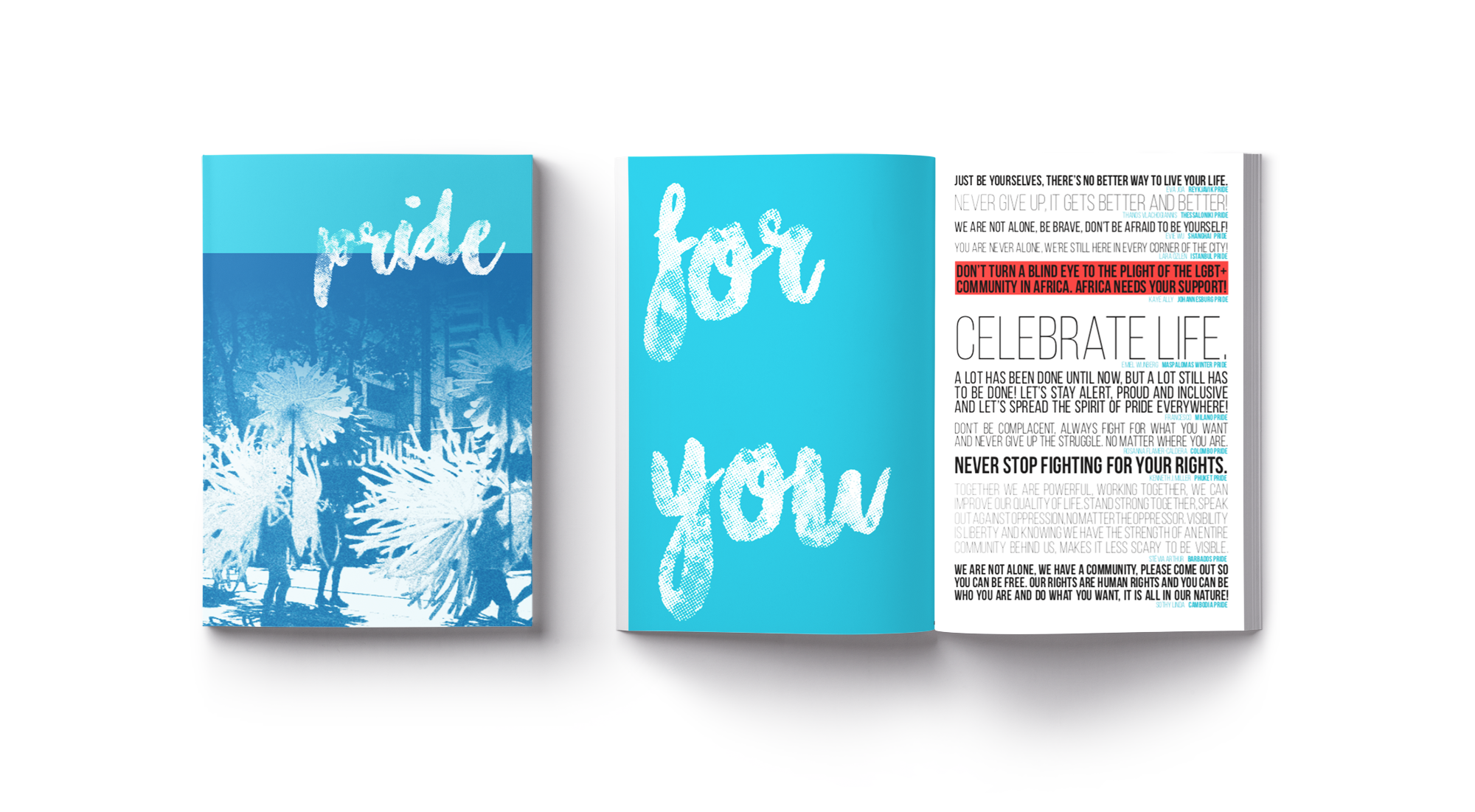
DOWNLOAD FREE PRIDE ZINE
[convertkit form=3372792]
Not different, just love
How do you feel when it comes to dealing with our emotions, expectations and responsibilities, around coming out, living as a LGBTIQ+ person and when it comes to our families and love in general?
